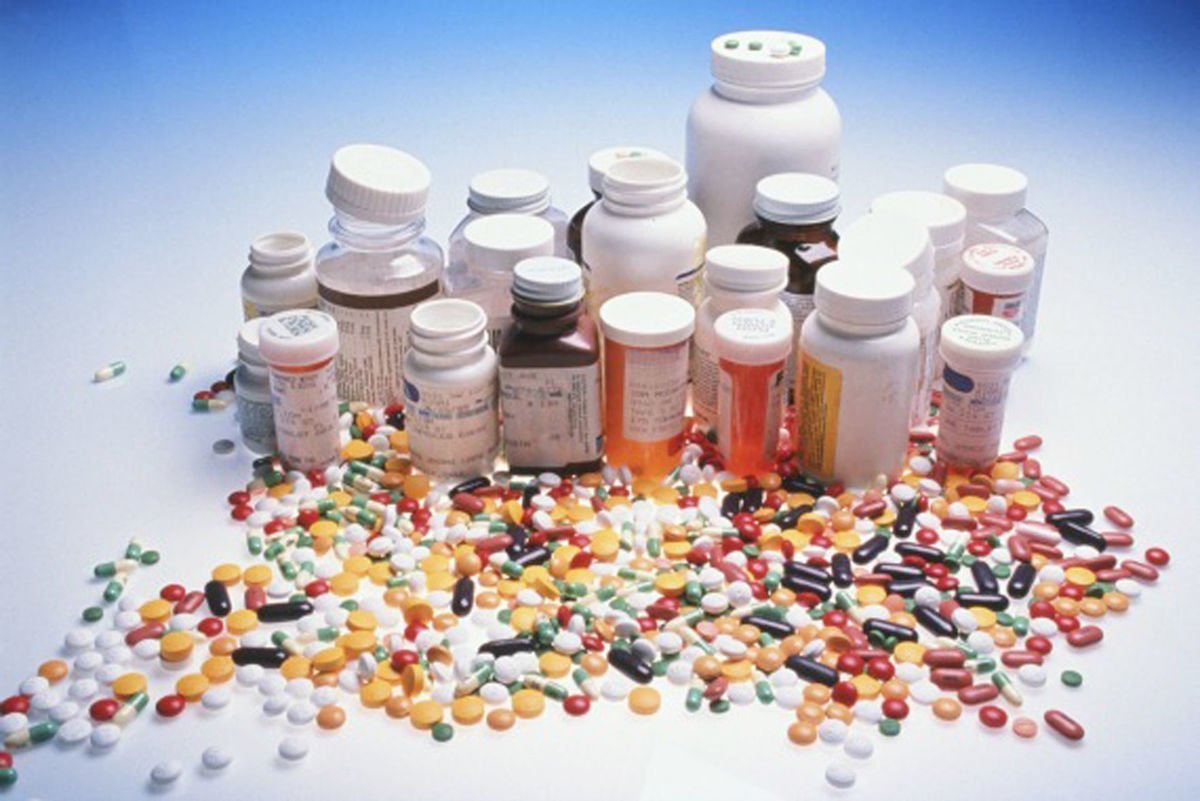Newly-released data from the National Records of Scotland (NRS) shows that 1,172 people in Scotland died from drug misuse last year – a 12 percent increase from the previous year. The total has grown nearly fivefold since 1996 when comparable data began.
Scotland’s rate of drug-related deaths is infamously the highest in Europe, with 277 deaths per million people aged 15-64. The next worst-affected country, Estonia, reported 95 deaths per million.
Scotland’s drug-death rate is 2.7 times that of the rest of the UK. Those living in Scotland’s most deprived areas are over 15 times more likely to die from drug misuse than those in wealthier areas.
Further new data reports that 1,277 people in Scotland in 2023 died from conditions caused directly by alcohol – the largest number in 15 years.
In 2018, the SNP government introduced minimum unit pricing in an attempt to address Scotland’s alcohol problem. This set a base price for alcohol, in order to curb consumption, which rose from 50p to 65p per unit this month.
The failure of minimum pricing to stem the tide of alcohol deaths demonstrates the futility of treating social crises with market-oriented reforms. Higher prices only exacerbate the suffering of those trapped in poverty and misery, or push them into using other substances.
Attempts to explain away Scotland’s high rates of drug and alcohol misuse are often unscientific, offensive, and rooted in anti-Scottish and anti-working-class prejudices.
It’s too dark and miserable up here. Scots love a drink. It’s just something in the Scottish lifestyle, or even in their DNA. People will blame football, diets, ‘ned’ culture – anything but capitalism!
The solution to Scotland’s drug and alcohol epidemic is not to be found in this nonsense, nor in the tweaking of market mechanisms, but in addressing the problem at its root: the poverty, inequality, and the alienation inherent in capitalist society.






